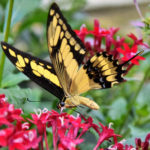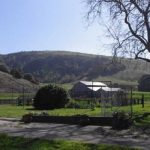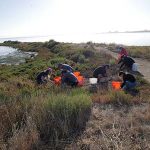Blog
Become a Pollinator Superhero!
Your Guide to Native Plants for Butterflies and Bees
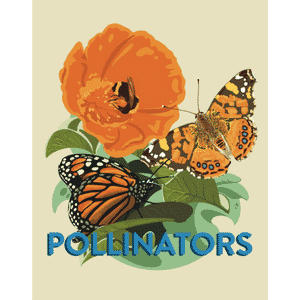
It’s Spring! It’s Earth Day! What a great time to think about our insect friends and the plants that help them thrive. You can become a pollinator superhero with these simple tips.
- Look for native plants that perform well in your climate zone and support local wildlife and pollinators (butterflies and bees). These native plants will also support native wildlife that eat plants. NOTE: Some native plants are poisonous to our domestic animals, so pay attention before you plant.
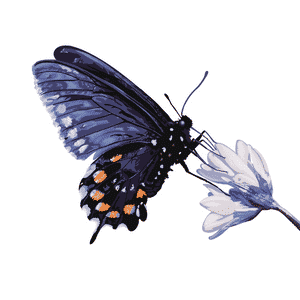
- Know what kinds of insects you’d like to attract. For instance, Lupins, California poppy, Sage, Manzanita, and Buckwheat are important nectar plants for local native bees. Bee species, for example, may specialize in a specific flower like the California Poppy. When it comes to species like western bumblebees and yellow-faced bumblebees, they prefer a variety of species. They will choose to travel long distances when a flower patch has a rich diversity. Appealing to many different specialist bees will also bring generalist species and, in turn, species that prefer a banquet of flowers.
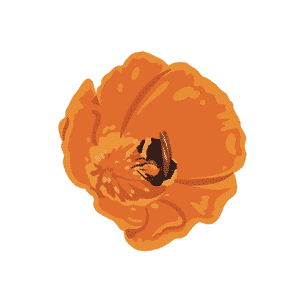
- Rely on experts to help you make the best choices. Here are some reliable sources for you.
- For Native Butterflies:
Take time this Earth Day to think about your impact on the environment. Besides the ideas presented here, what else can you do to support our Earth? Think big! Think small!
Join the CuriOdyssey Community
LOCATION
1651 Coyote Point Drive
San Mateo, CA 94401
Ohlone Land Acknowledgement
650-342-7755
[email protected]
CuriOdyssey is a 501(c)(3) non-profit, Tax ID 94-1262434


